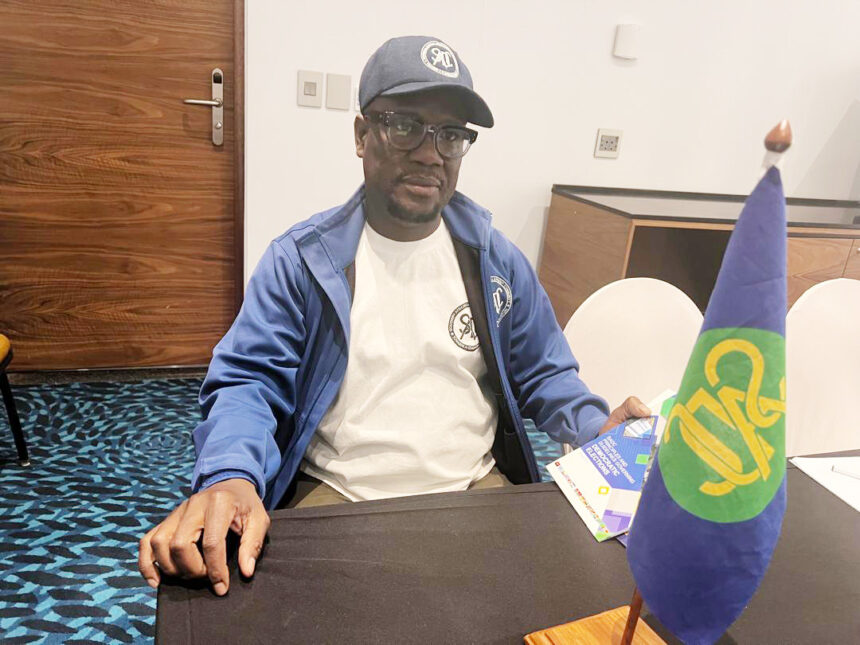With just three months left before the Presidential and National Assembly elections, Namibia has not fully implemented a crucial recommendation aimed at improving the electoral process.
The Southern African Development Community (SADC) Electoral Observation Mission (SEOM) made 12 recommendations, following the 2019 elections, but Namibia only managed to implement four of the recomendation and one key recommendation remains unaddressed.
The SADC Electoral Advisory Council (SEAC) highlighted the need to count special votes together with those from the main election to minimise speculation and undue influence. This recommendation, intended to bolster electoral integrity, has not been implemented. The SEAC attributed the delay to COVID-19 restrictions, which hampered legislative processes and stakeholder consultations. However, the ECN is currently working on amending the Electoral Act to address this issue.
“The SEAC noted that of the 12 recommendations based on the 2019 elections, four have been implemented, one was not addressed, and seven are in the process of implementation,” said Leonard Sesa, head of the SEAC mission team in Namibia.
He urged the country to address the recommendation regarding the counting of special votes and called on political leaders to participate directly in the political parties liaison committee deliberations.
Sesa said the recommendation to amend the Electoral Act to ensure that special votes are counted with the main election votes was not honoured due to COVID-19 restrictions, which included lockdowns. This prevented the National Assembly from sitting to discuss potential amendments, and affected the operations of the ECN and other relevant agencies involved in legal drafting.
“Moreover, proposed amendments required the ECN to conduct comprehensive consultations with stakeholders, which was not possible due to COVID-19 restrictions,” he said. The mission was informed by the ECN that draft amendments to the Electoral Act are being prepared for submission to the Ministry of Justice, Attorney General, and subsequently the National Assembly.
The mission was also informed that the Law Reform and Development Commission had produced a report on electoral reforms, which forms part of these processes.
Regarding the Political Parties Liaison Committee (PPLC), some political parties expressed concerns that, despite the ECN’s efforts, political parties themselves undermine this committee by regularly delegating low-ranking officials to participate.
“It was noted that for the committee to function meaningfully, secretaries-general of political parties must participate and not delegate to junior officials. Some political parties send junior officials to PPLC meetings because they expect the meetings to just rubber-stamp what the ECN dictates,” the review report stated.
The mission noted that the ECN was in the process of benchmarking best practices regarding special voting but had not addressed the recommendation to count special votes with the main election votes to minimise speculation and undue influence.
The full implementation of the remaining seven recommendations will only be noted at the end of the 2024 election. Two recommendations on the use of Electronic Voting Machines (EVM) were considered technically implemented following a Supreme Court ruling invalidating the use of EVMs without a verifiable paper trail. The ECN announced that no future voting will be conducted using EVMs, rendering the SEOM recommendation on EVMs moot.
Pre-Election Assessment
The SEAC mission is currently in Namibia for nine days for three reasons: to assess if the political and security environment is conducive for free, fair, transparent, credible, and peaceful elections; to assess the legal framework governing the 2024 elections; and to assess if the ECN is prepared and ready to conduct the 2024 elections.
According to Sesa, the purpose of the consultation is to inform the SEAC of stakeholders’ views on the conduct of the elections. “Their views are very important as they inform us of the situation on the ground and will enable us to formulate an informed report to the chairperson of the organ, especially for his decision on whether or not to deploy the SADC Electoral Observation Mission,” he said.
-ljason@nepc.com.na



